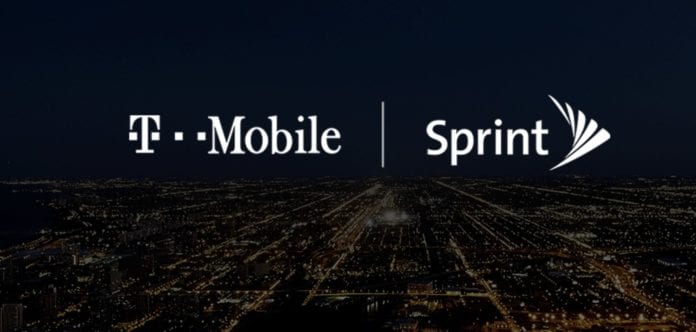Ahead of House Judiciary Committee hearing, T-Mobile pushes home broadband and rural coverage
The U.S. Federal Communications Commission on March 7 again paused its 180-day review of the proposed $26 billion T-Mobile US/Sprint merger; according to FCC documentation, the review period will resume on April 4, day 122 of the prescribed period.
According to report, lawyers representing the carriers met this week with FCC Chairman Ajit Pai’s chief of staff to discuss “merger simulation modeling,” and, coming up on Tuesday, the House Judiciary Committee will hold a hearing to examine how the proposed merger would impact competition and the workforce. The House hearing comes on the heels of 37 representatives releasing a letter to Pai and the U.S. Department of Justice Antitrust Division lawyer expressing opposition to the mega-merger, which would consolidate the domestic carrier market from four to three Tier 1 players.
The representatives say the merger would kill 25,500 retail jobs and another 4,500 corporate-level jobs. “Reducing the number of national wireless retail employers from four to three means reduced competition for labor, which leads to lower wages.” Another selling point used by the carriers is how the merger would accelerate 5G investment plans; that was also nixed by lawmakers who rightly pointed out both carriers are executing on standalone plans to deploy 5G.
The New York Post reports that DOJ staff are “not impressed,” with aspects of the merger, including T-Mo’s pledge to hold subscription fees for three years, citing “people with direct knowledge” of the matter.
Meanwhile, former FCC Commissioner Mignon Clyburn, who now works as an advisor to T-Mobile, penned an op-ed piece for CALmatters couching support of the merger in terms of digital equity. She also hit on the 5G angle, and the three-year commitment to hold on prices.
“It is not enough to build faster networks only for the wealthy or in the top 20 cities,” she wrote. “Only when high-speed internet reaches every ZIP code can we say that we’ve truly won the 5G race….Meaningful broadband access must be affordable. T-Mobile and Sprint are committed to offering the same or better rates as they do now for three years after the merger, regardless of what competitors charge.”
Continuing to make the merger case on multiple fronts, T-Mobile US CEO John Legere, who will lead the combined company dubbed New T-Mobile, this week published a blog post discussing aspirations to take on cable companies through a fixed wireless offering that he describes as a boon to rural America.
Drawing on FCC data, Legere says 28.9% of households have either no home broadband service or only one option for home broadband. “This is not acceptable! A core promise of New T-Mobile is our commitment to bring real competition and real choice for in-home broadband to rural America.”
He said the combined carrier can deliver home broadband service “to over half the country’s households by 2024,” with the target of 9.5 million customers in that same timeframe.
Verizon’s initial go-to-market for 5G was a fixed wireless broadband service. And T-Mobile execs discussed their plans for fixed wireless during a recent quarterly earnings call.
Chief Operating Officer Mike Sievert said 2019 would see home broadband pilots based on LTE then later move to 5G. “We expect in New T-Mobile for this to be a substantial part of our growth story,” he said, noting that investment in a mobile network would lay the groundwork for home broadband “without the extra burden of significant extra capital.”

